Category: Uncategorized
-
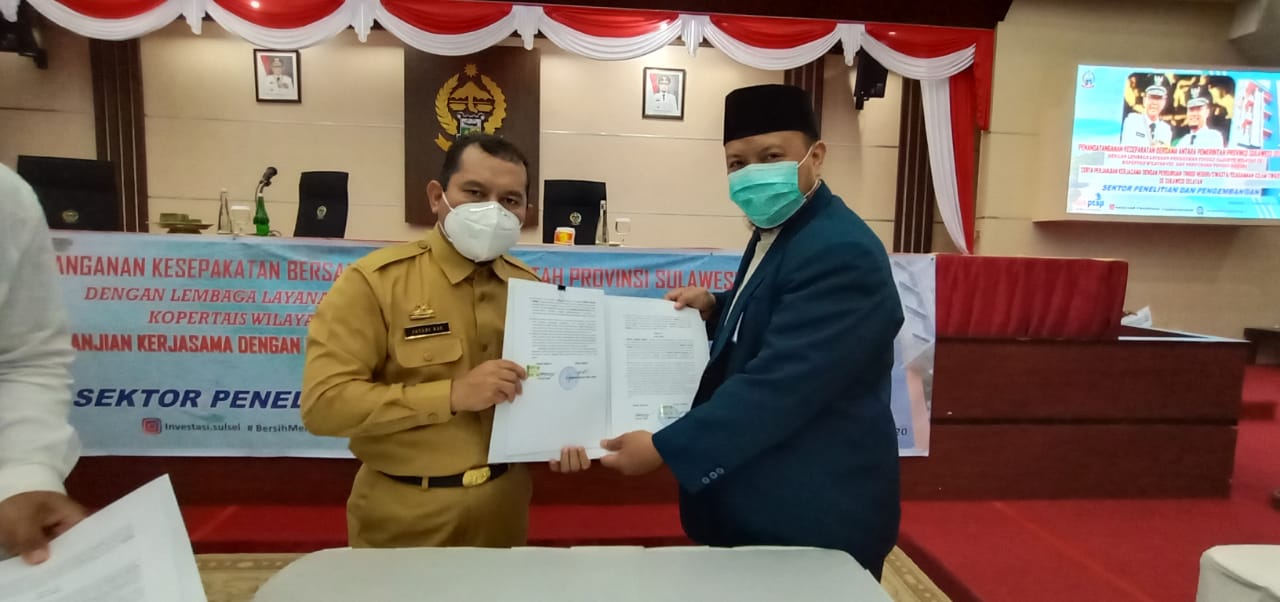
STIBA Makassar Builds Synergy with the South Sulawesi Provincial Government
(STIBA.ac.id) Makassar – Chairman of STIBA Makassar, Ustaz Ahmad Hanafi Dain Yunta, Lc., M.A., Ph.D. accompanied by Ustaz Muhammad Istiqamah, Lc. as the Head of Public Relations and Cooperation, attended the Signing of the Joint Agreement and Cooperation Agreement (PKS) with the Provincial Government of South Sulawesi, Monday (21/09). The signing of the MoU between
-
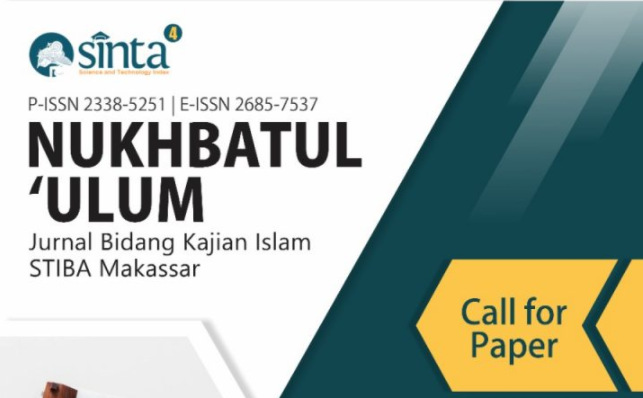
Journal of Nukhbatul ‘Ulum Wins 3rd Place in National Scientific Journal Accreditation
(STIBA.ac.id) Makassar – The Decree of the Minister of Research and Technology of the Republic of Indonesia on September 16, 2020 officially stipulated that the Journal of Nukhbatul ‘Ulum: Journal of Islamic Studies obtained accreditation rank 3rd, which was previously ranked 4th. Nukhbatul ‘Ulum Journal is one of the journals managed by the Center for
-
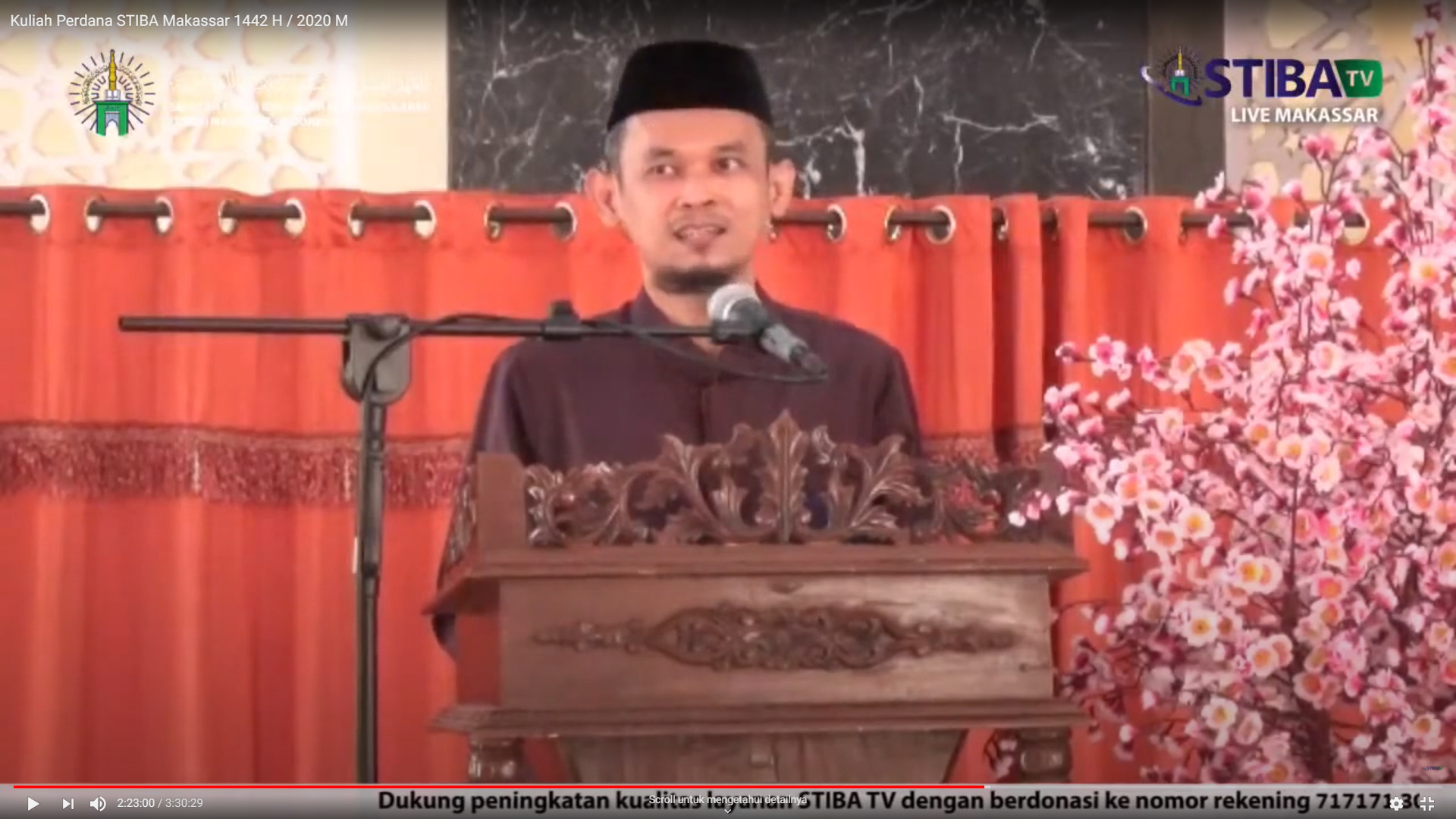
Ustaz Musriwan: STIBA has Never Dismissed Students for not being Able to Pay Tuition Fees
(STIBA.ac.id) Makassar – As usual, the STIBA Makassar Initial Lecture at the beginning of each semester is always closed with submissions from the Vice-Chairmen. The submissions this time started with Deputy Chair I represented by the Head of the Comparative School and Law Study Program, Ustaz Saifullah Anshar, Lc., M.H.I. who read out several announcements
-
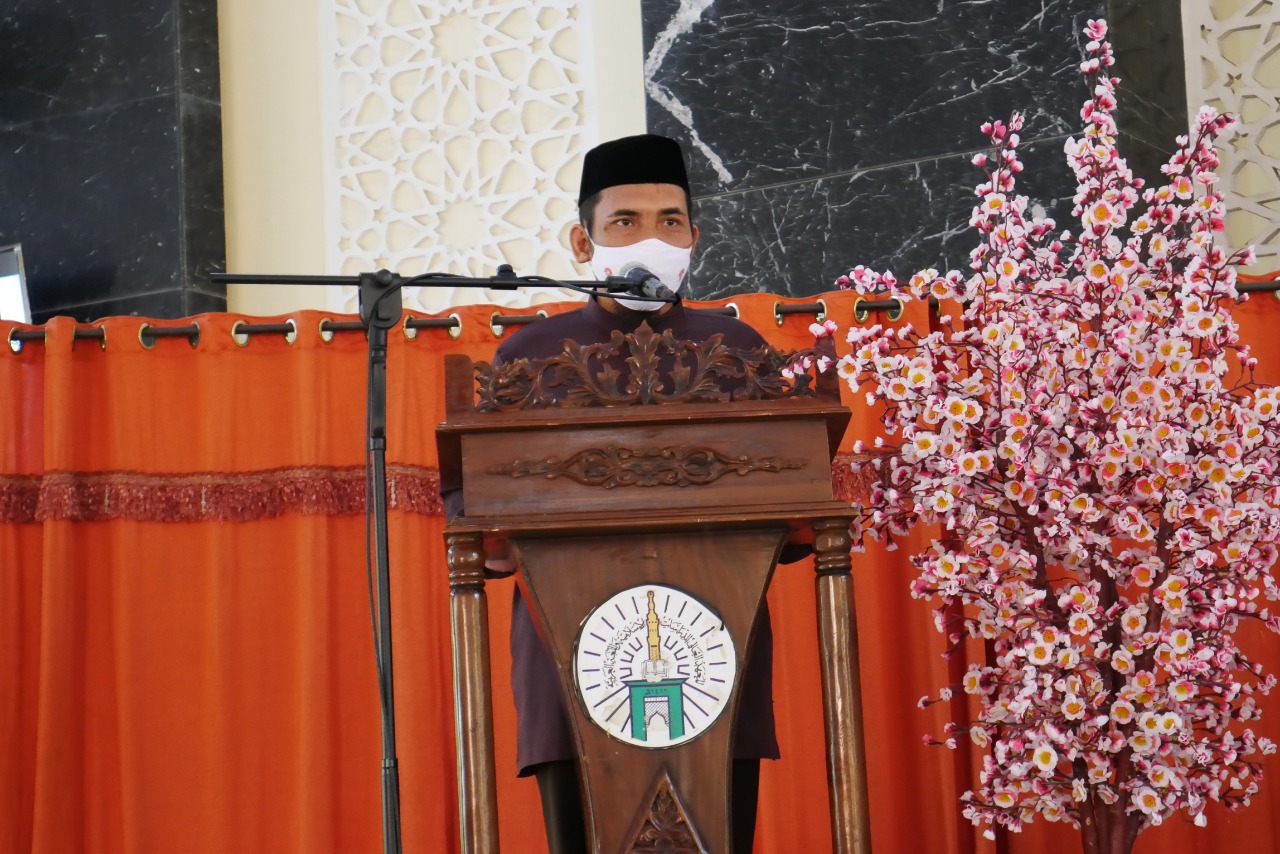
Inaugural Lecture, Ustaz Yusran Reveals the Reason for STIBA Establishment
(STIBA.ac.id) Makassar – Living at the end of time makes us witness many signs. Among them, as described by the Prophet sallallaahu ‘alaihi wasallam in one of his words that, at the end of time, the arruwaibidhah will appear. They are ignorant people, who have no capabilities in this religion, yet they dare to talk
-
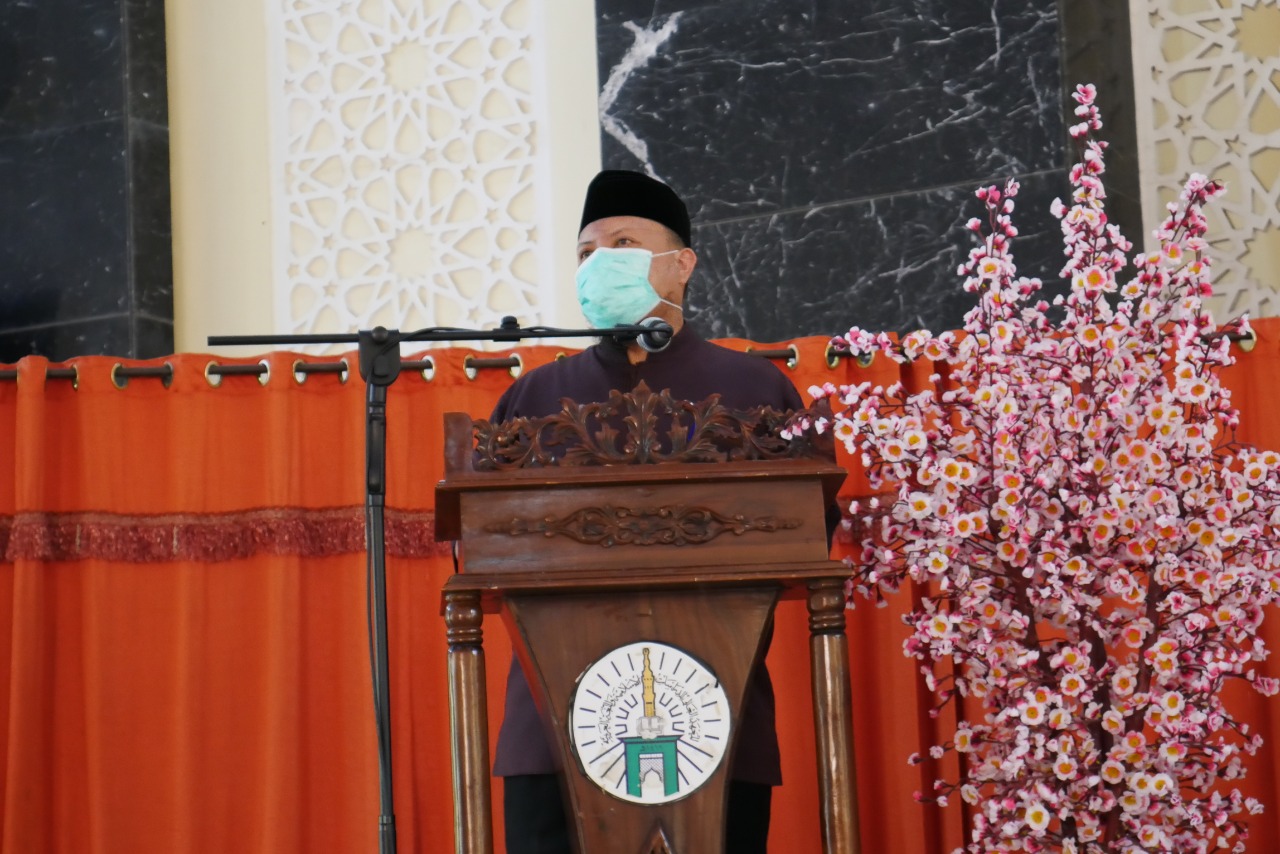
Lectures are Still on Online Platforms, the Chairman of STIBA Makassar Noted His Consideration
(STIBA.ac.id) Makassar – Since mid-March, in the early days of the Covid-19, the pandemic plagued the country until now and there were no students of STIBA Makassar has been reported positive for the deadly disease. This is a health blessing from Allah that should make us grateful and be maintained by increasing our vigilance, as
-
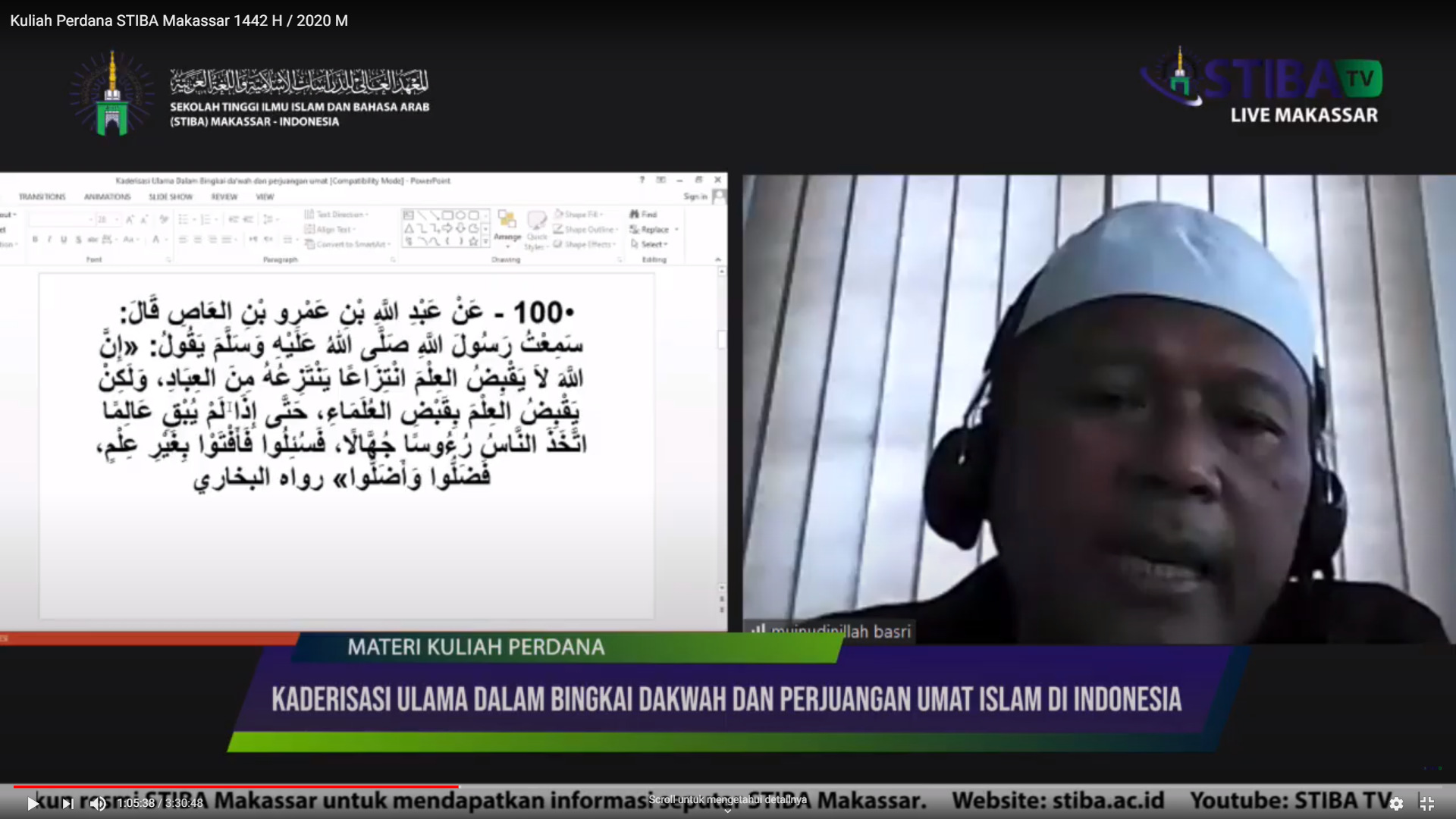
Initial lecture resource person, Ustaz Mu’inudinillah, Conveys the Criteria for Scholars Who Are Born from Cadres
(STIBA.ac.id) Makassar – The regeneration of scholars is an obligation that is carried on the shoulders of the Muslims. The struggle for da’wah will not achieve results without the regeneration of scholars. Even though in his hadith, the Prophet, sallallaahu ‘alaihi wasallam, has reported that at the end of time the rabbani scholars were passed
-
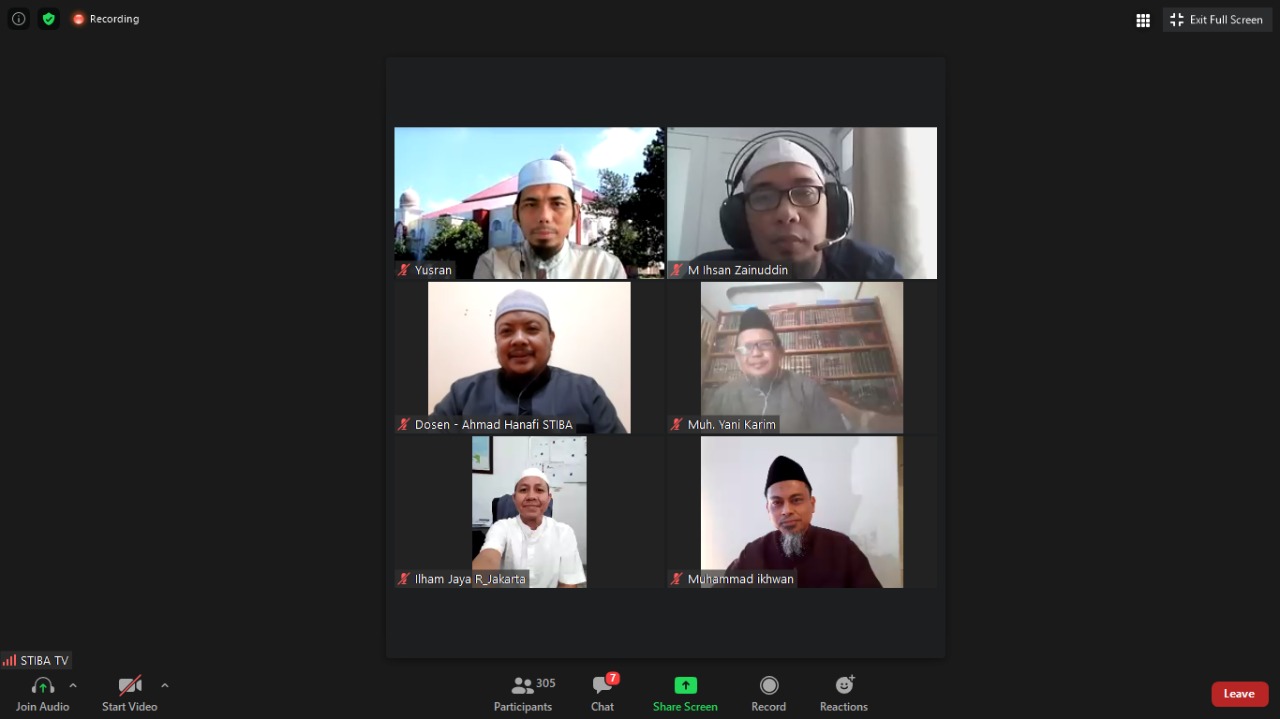
Ustadz Zaitun Rasmin and Seven Former Chairmen of STIBA attended Virtual Reunion of STIBA Alumni
(STIBA.ac.id) Makassar – The reunion of the alumni of STIBA Makassar was lively as hundreds of its alumni from all over the country and abroad crowded the virtual activity on Sunday (28/06/2020). In addition to the alumni, lecturers, the current chairman of STIBA, there were also six former chairmen of STIBA Makassar involved in enlivening
-
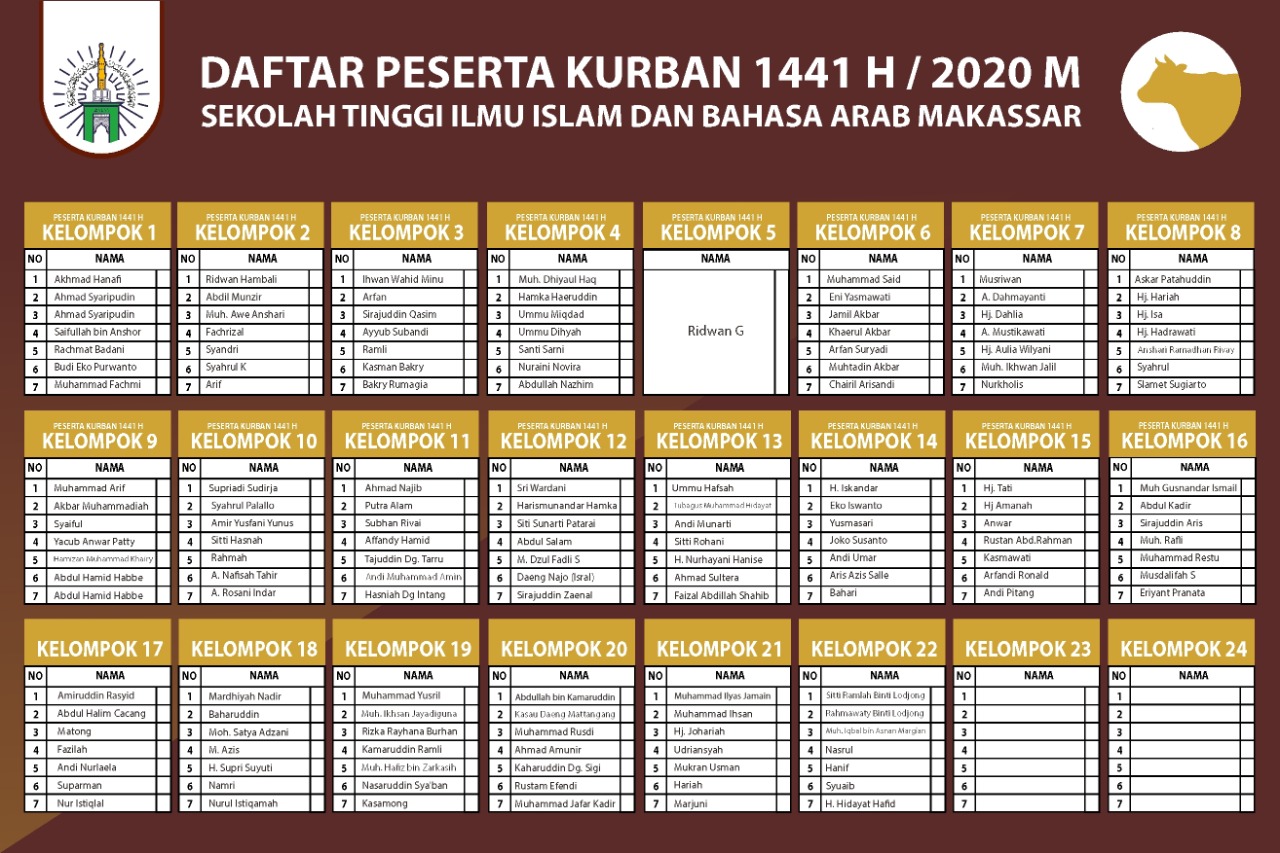
STIBA Sacrificed 22 Cows and 54 Goats
(STIBA.ac.id) Makassar – The Covid-19 pandemic, which is still overshadowing some areas in the country, has apparently not dampened the enthusiasm of the Muslims to perform the sacrifice ritual. At the campus of STIBA Makassar, 22 cows and 54 goats were sacrificed and distributed to the mustahiks. Apart from being distributed to 202 sacrifice donors,
-
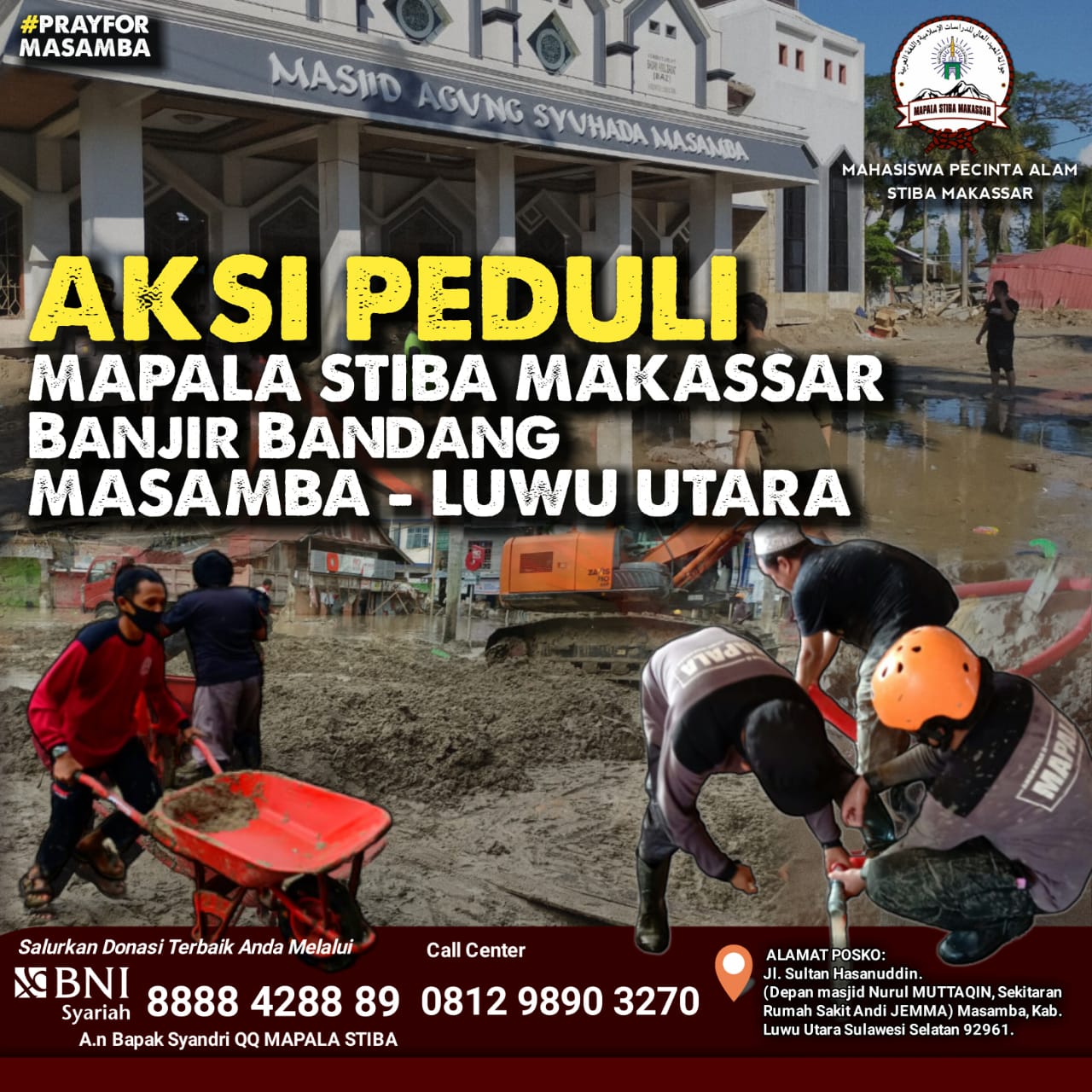
STIBA Mapala Volunteer Team Joined the Cleaning of the Grand Mosque of Syuhada 45 Masamba
(STIBA.ac.id) Makassar – On the fourth day, the STIBA Makassar Mapala volunteers continued their humanitarian activities at the Masamba disaster location, North Luwu Regency, South Sulawesi. On Saturday (18/07), the Mapala team, together with several humanitarian teams, participated in the process of cleaning the Grand Mosque of Syuhada 45 in Masamba City. This mosque was
-
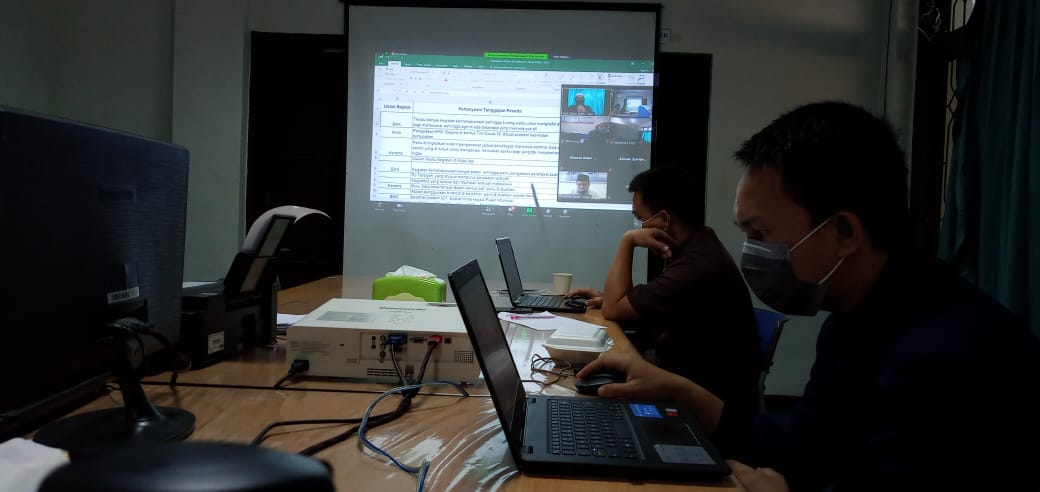
STIBA Makassar Held the XXII Working Meeting
(STIBA.ac.id) Makassar – STIBA Makassar held the XXII Working Meeting via Zoom on Tuesday-Friday (07-10 / 07/2020). This event was attended by all departments and work units of STIBA Makassar. In order to implement the health protocol, the participants were placed in separate rooms. The deliberation began with the delivery of a discourse from the